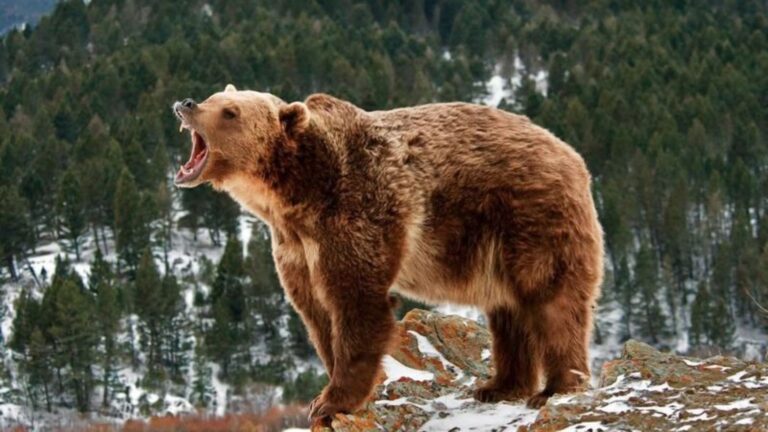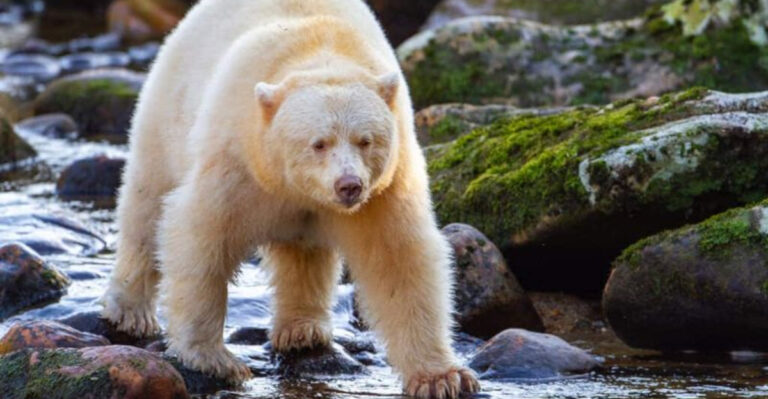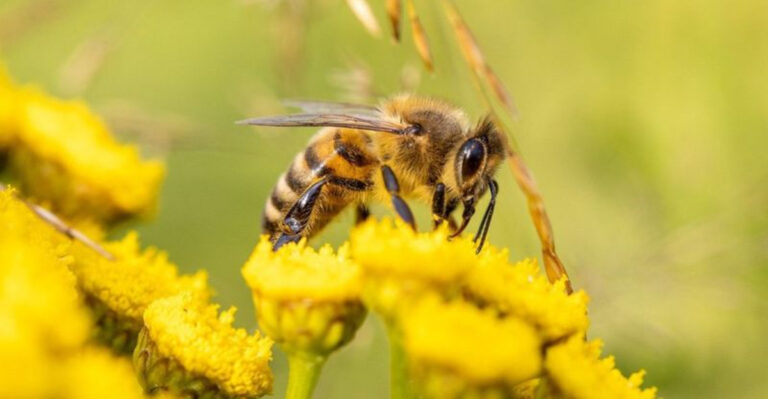20 Surprising Facts That Prove Donkeys Deserve More Respect
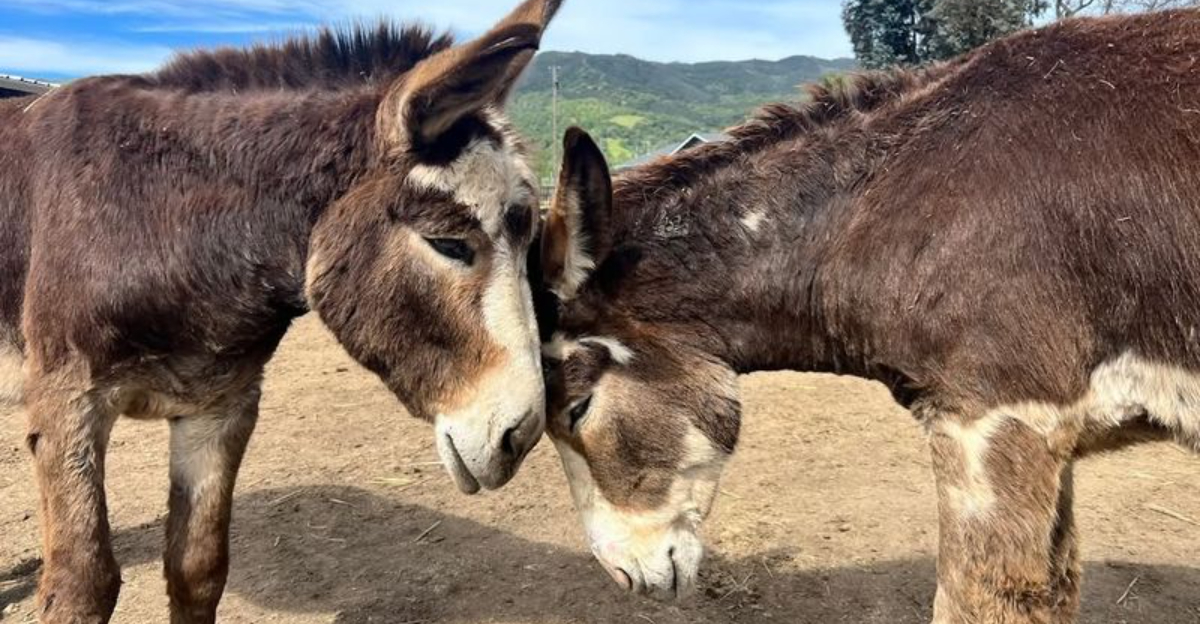
Donkeys are more than just hardworking farm animals! With their intelligence, unique personalities, and strong bonds, these animals have a lot to offer.
Whether they’re carrying heavy loads, protecting other animals, or simply showing off their charm, donkeys never fail to impress. Here are some incredible facts about donkeys that will make you appreciate them even more!
1. They Communicate With A Wide Range Of Sounds
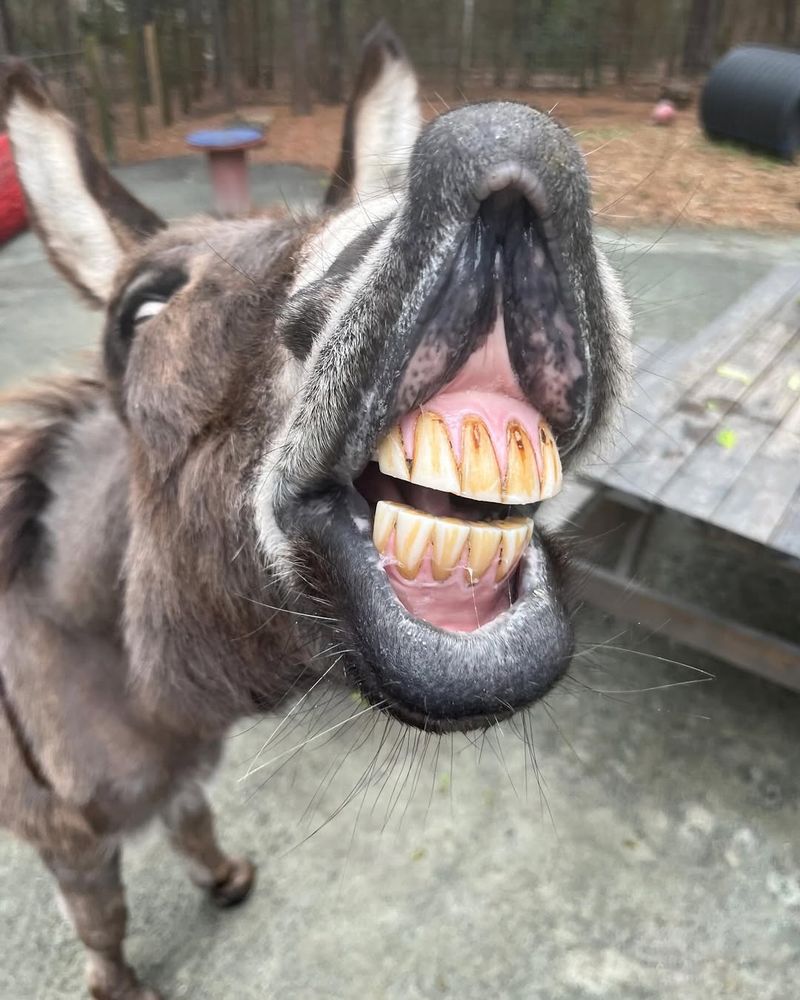
From brays and snorts to grunts and sighs, donkeys have a rich vocal range to express emotions, warn of threats, or call to their herd mates.
2. Extremely Intelligent
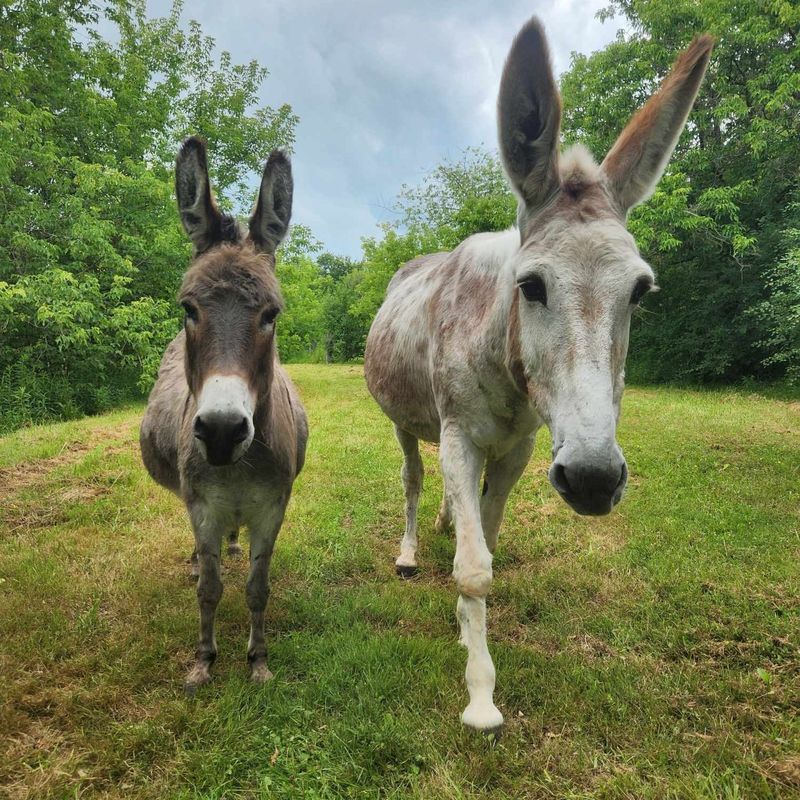
Donkeys are highly intelligent and capable of solving problems, remembering paths, and assessing risky situations—often misunderstood as being stubborn when they’re simply thinking things through.
3. Can Carry Heavy Loads
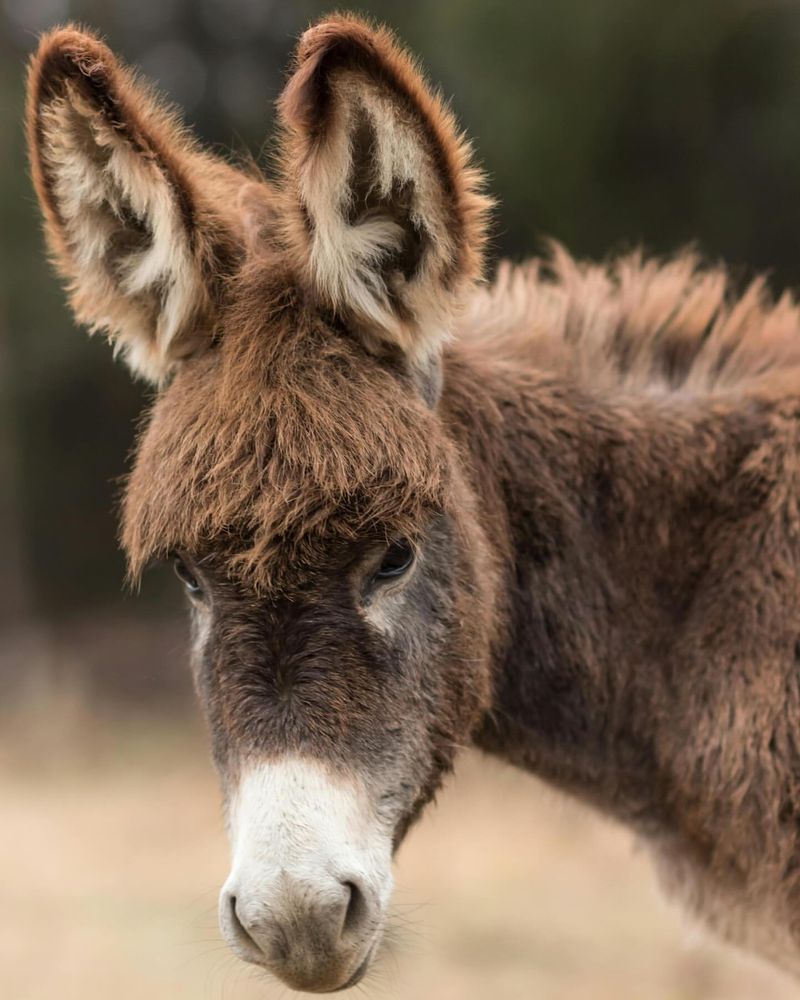
With sturdy frames and remarkable endurance, donkeys have been used for centuries to carry goods across harsh terrain. They can safely carry up to 25–30% of their body weight.
4. Have Unique Ears
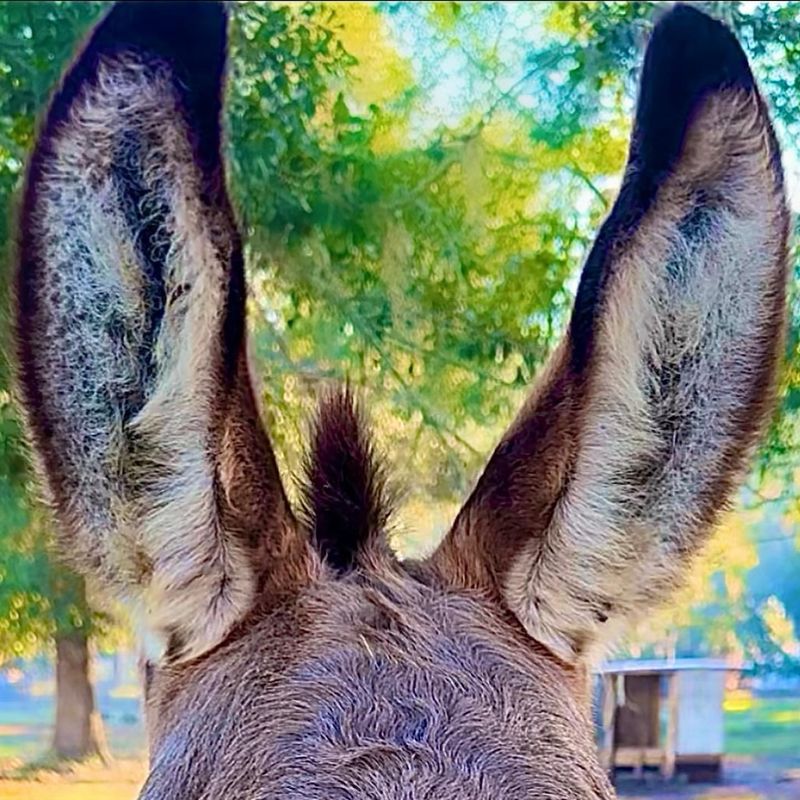
Those long ears aren’t just adorable—they help donkeys detect distant sounds and regulate body temperature. Each donkey’s ear shape is distinct, almost like a fingerprint.
5. Can Live For Over 30 Years
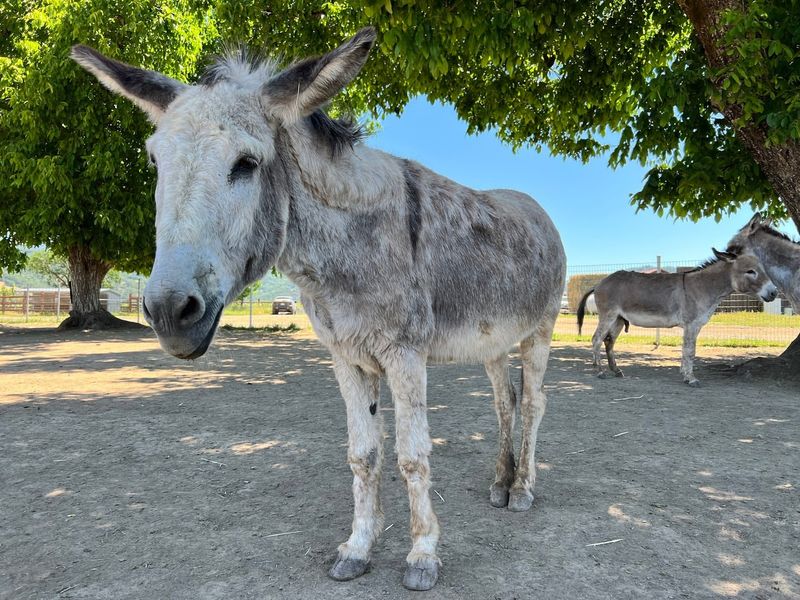
Given proper care, donkeys can live well into their 30s, and some even beyond. Their longevity makes them loyal companions for many years.
6. Are Social Animals
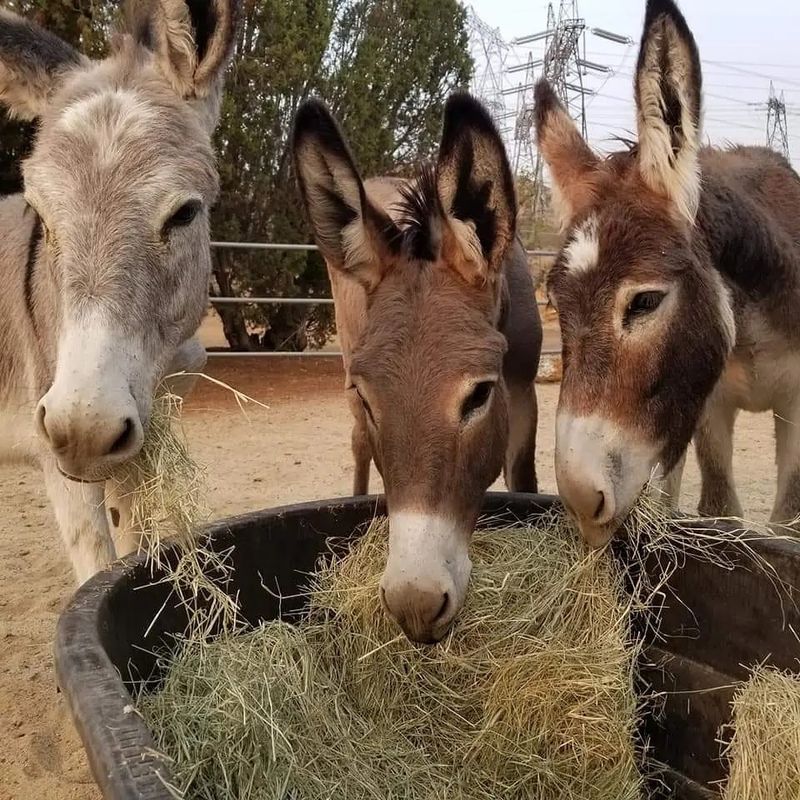
Donkeys thrive in companionship and can form close bonds with other donkeys, horses, or even humans. Loneliness can negatively affect their well-being.
7. Can Recognize Faces
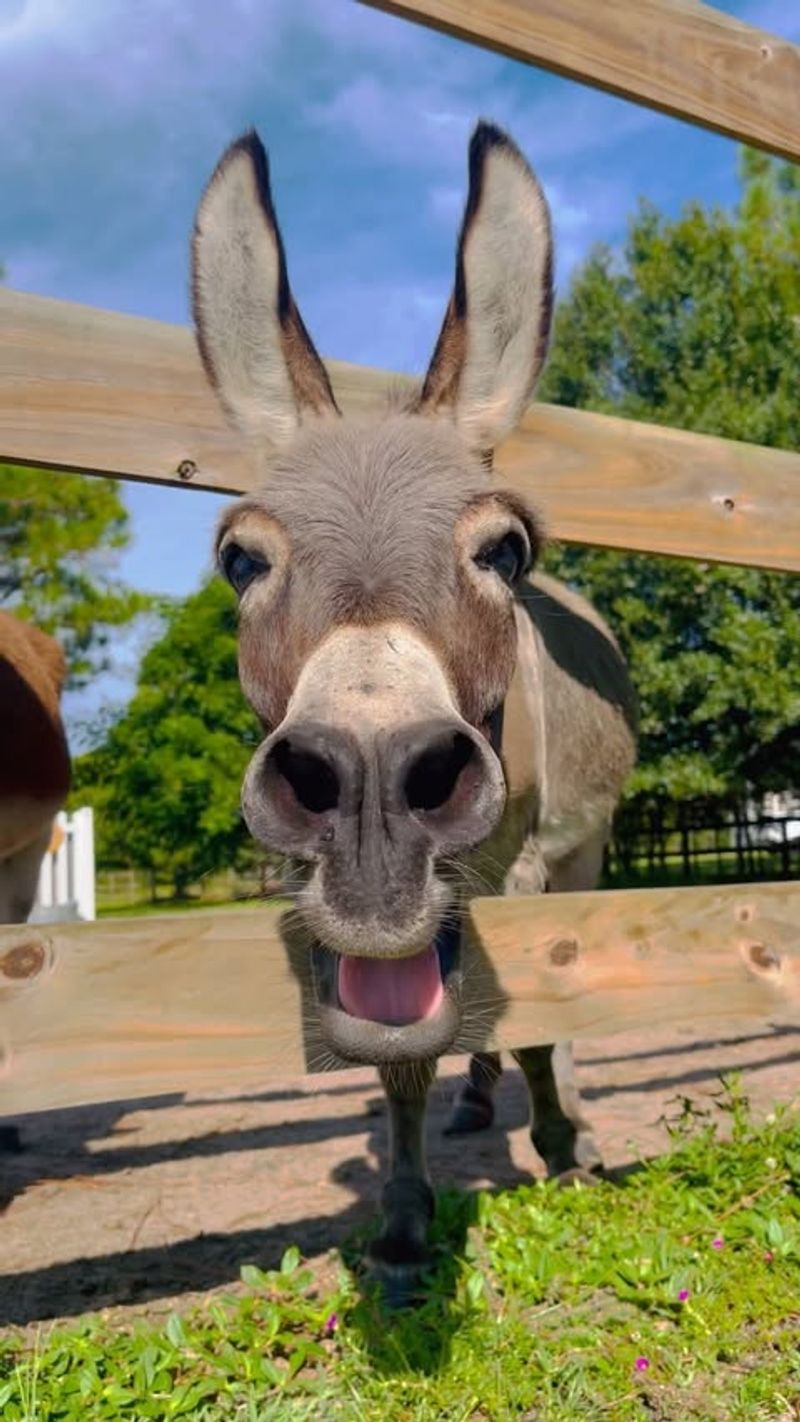
Donkeys have been shown to recognize both human and animal faces. They remember friendly people and can greet familiar faces with enthusiasm.
8. Were Vital To Human History
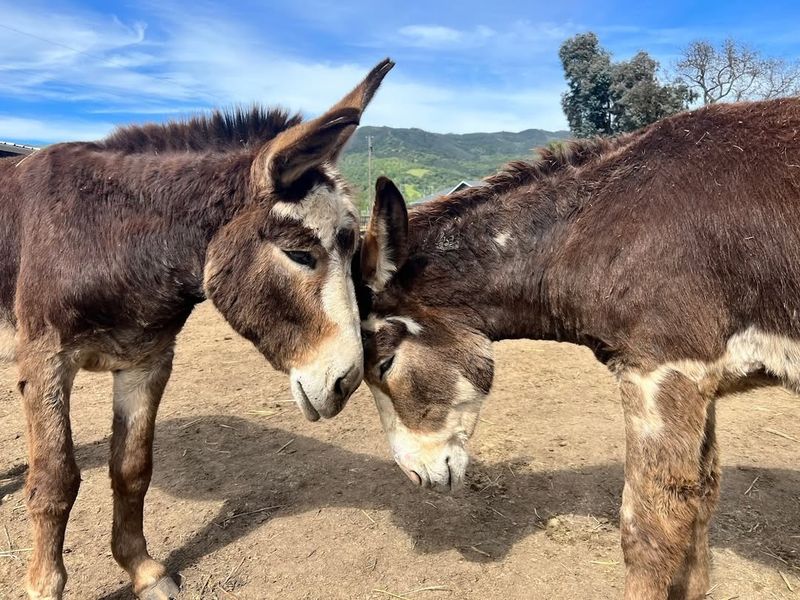
Donkeys played a major role in the development of ancient civilizations, helping transport goods and people across long distances—earning their place in history.
9. Have Excellent Memory
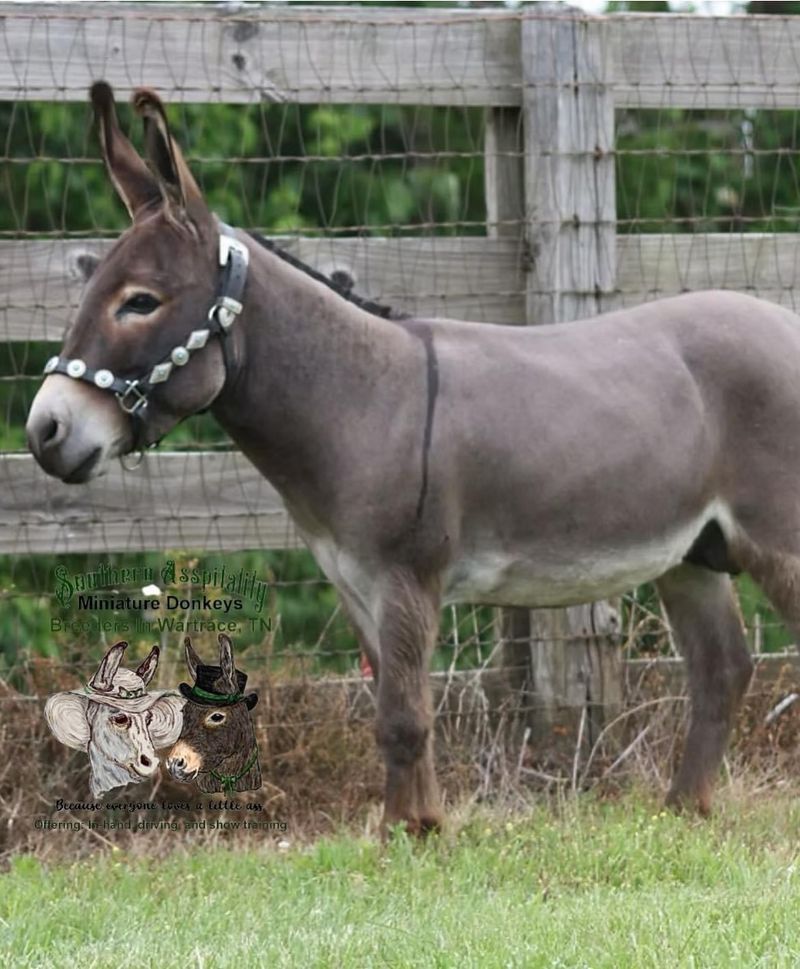
Once a donkey learns a route or location, they rarely forget it. Their memory can last for years, making them reliable and sure-footed travelers.
10. Are Stronger Than They Look
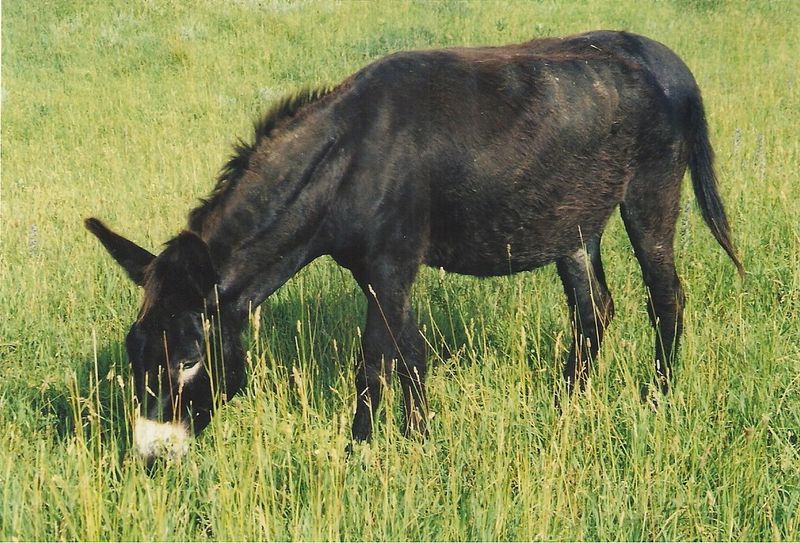
Despite their size, donkeys are incredibly strong and can outwork larger animals like horses under certain conditions, particularly in mountainous or uneven terrain.
11. Are Good Guard Animals
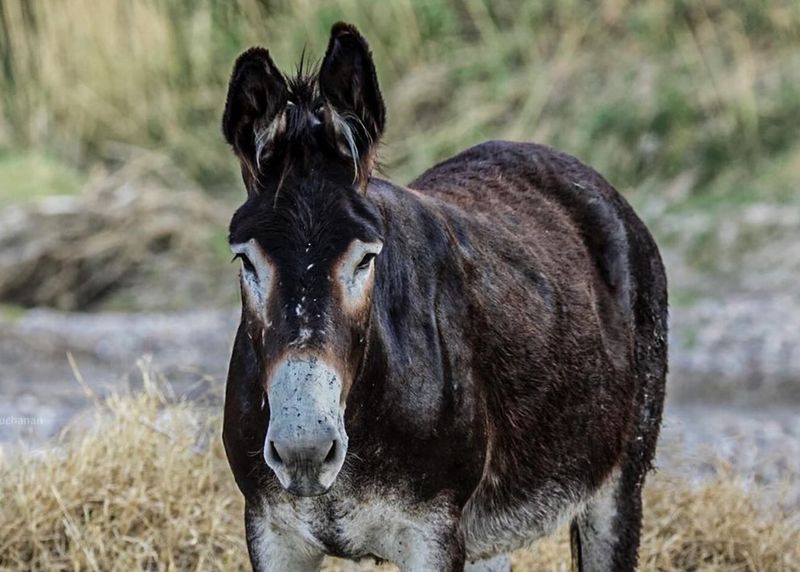
Thanks to their strong territorial instincts and natural wariness of predators, donkeys are often used to protect livestock like sheep and goats from threats such as coyotes.
12. Can Be Trained Easily
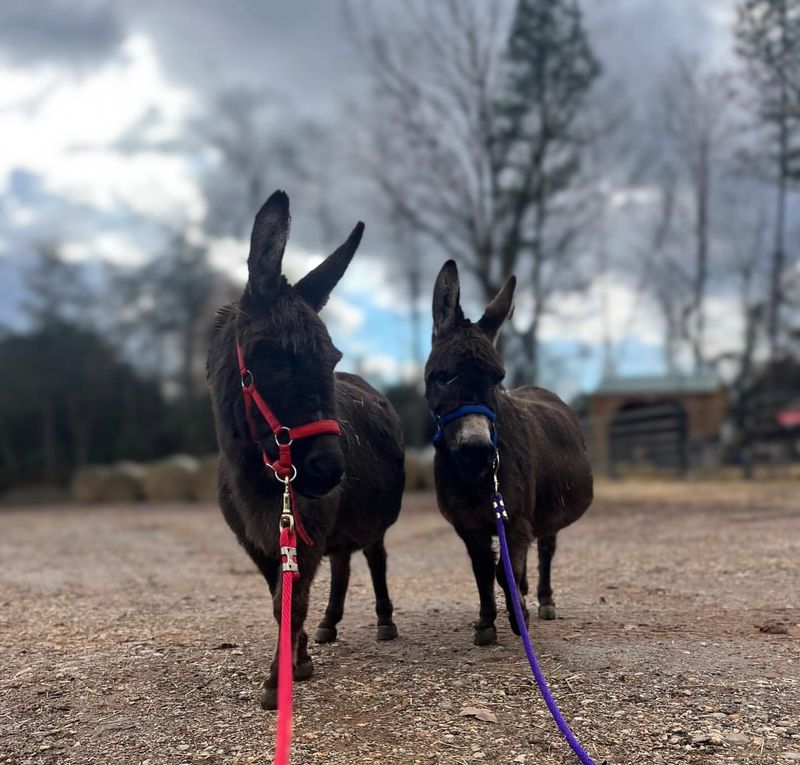
Donkeys are quick learners when treated with patience and positive reinforcement. They can learn voice commands and routines just like dogs or horses.
13. Love Routine
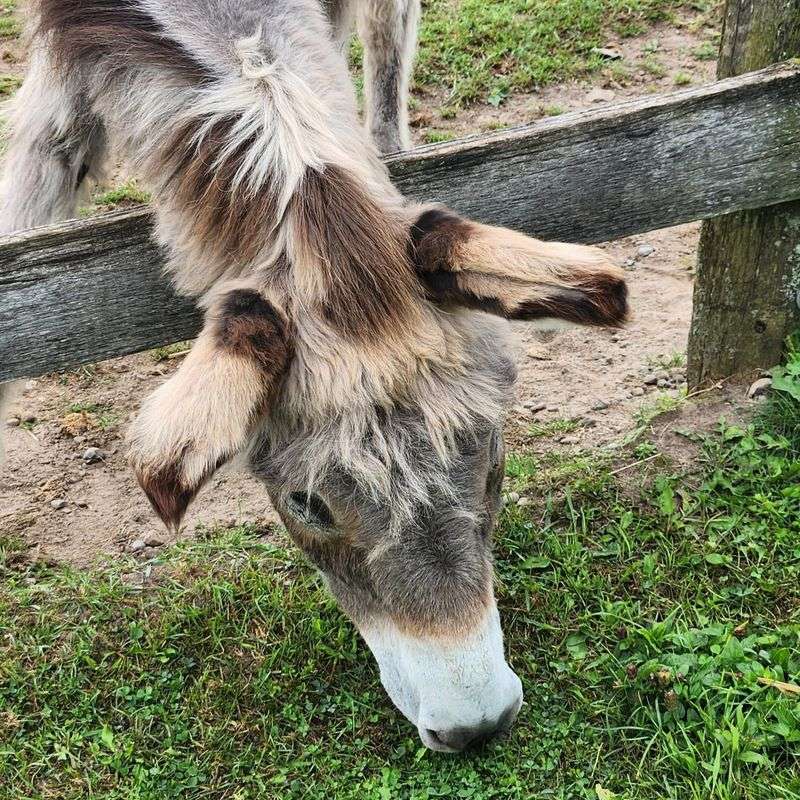
These creatures prefer predictable patterns and familiar environments. Abrupt changes can cause stress, so keeping a stable routine helps them feel secure.
14. Are Not Easily Frightened
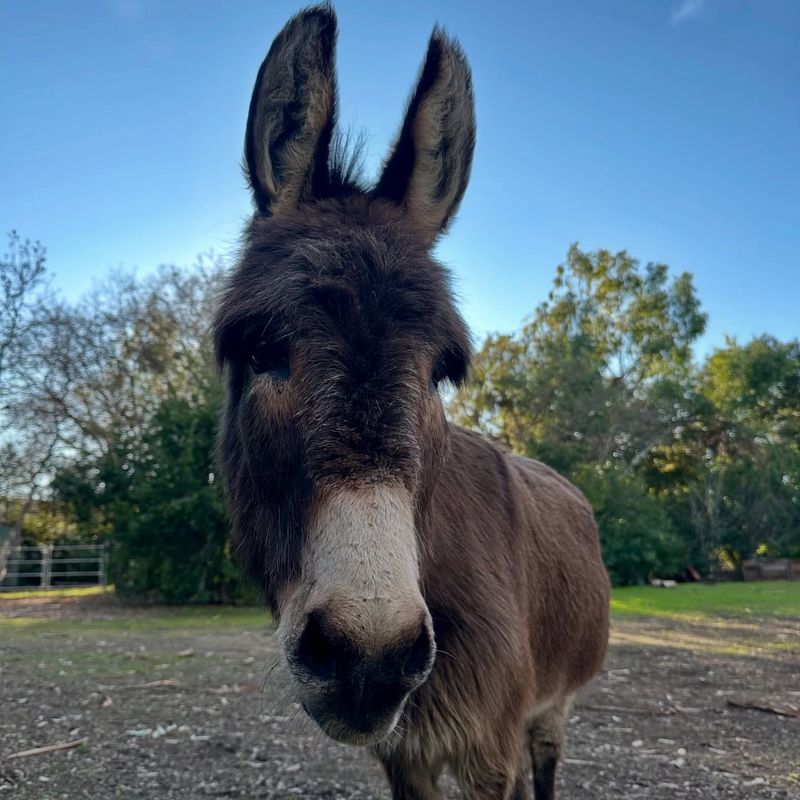
Unlike horses, donkeys take a moment to assess danger before reacting. This calm, calculated behavior helps them avoid injury in unpredictable situations.
15. Are Great Companions
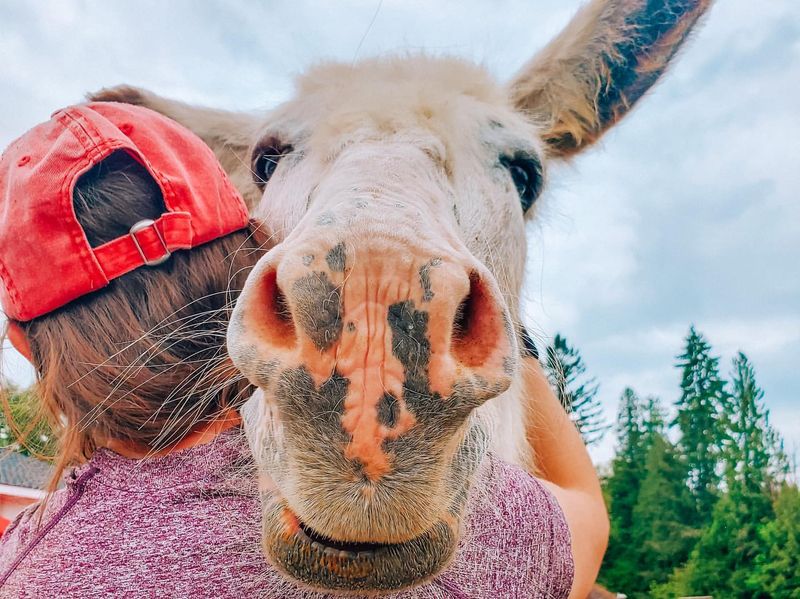
Donkeys are affectionate and can form deep emotional bonds with their caretakers. Their gentle nature makes them great therapy or emotional support animals.
16. Are Excellent Climbers
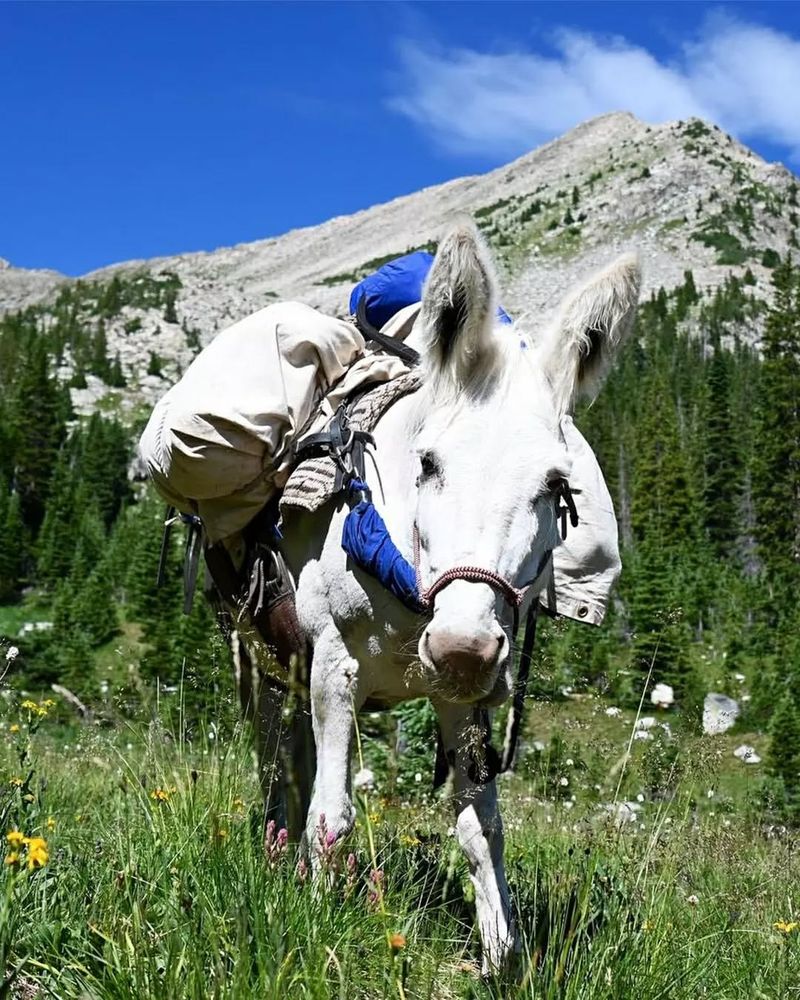
With strong hooves and incredible balance, donkeys can navigate rocky slopes and steep terrain with ease—an essential trait in their native mountainous environments.
17. Are Known For Their Stubbornness
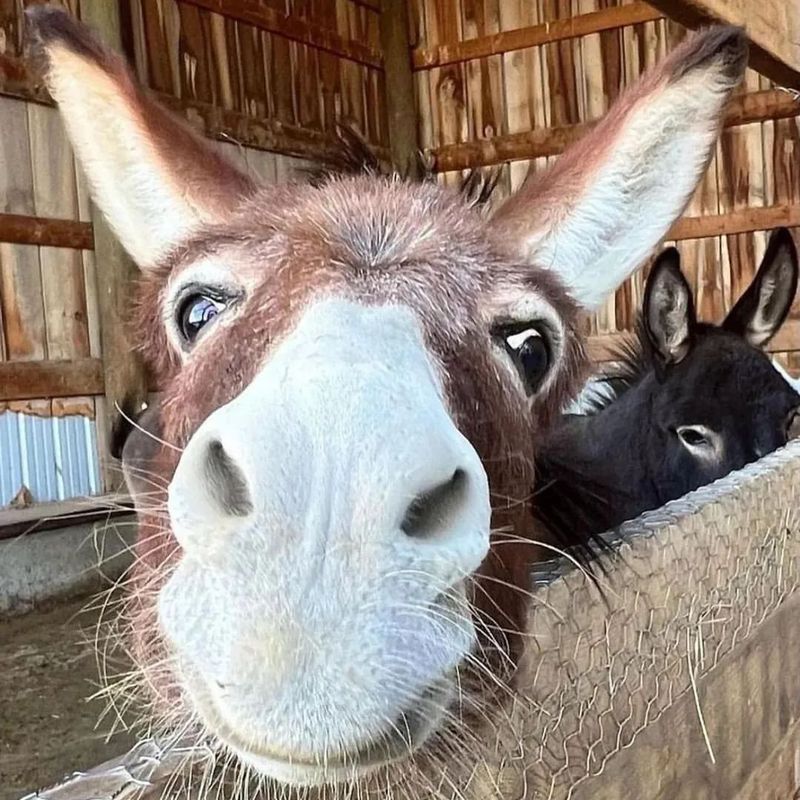
What’s often labeled as stubbornness is actually self-preservation. Donkeys won’t move if they sense danger or exhaustion—they prioritize their safety above all.
18. Are Very Clean Animals
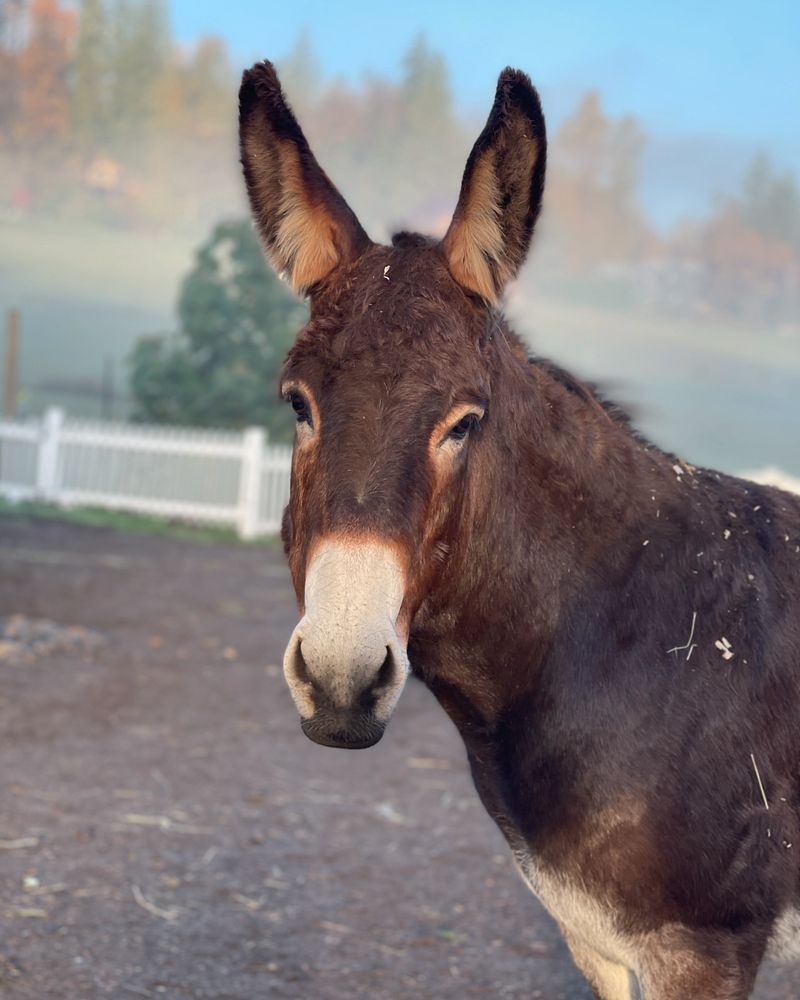
Donkeys instinctively choose specific spots to relieve themselves and avoid soiling their living areas, making them relatively easy to manage in a stable setting.
19. Have A Good Sense of Humor
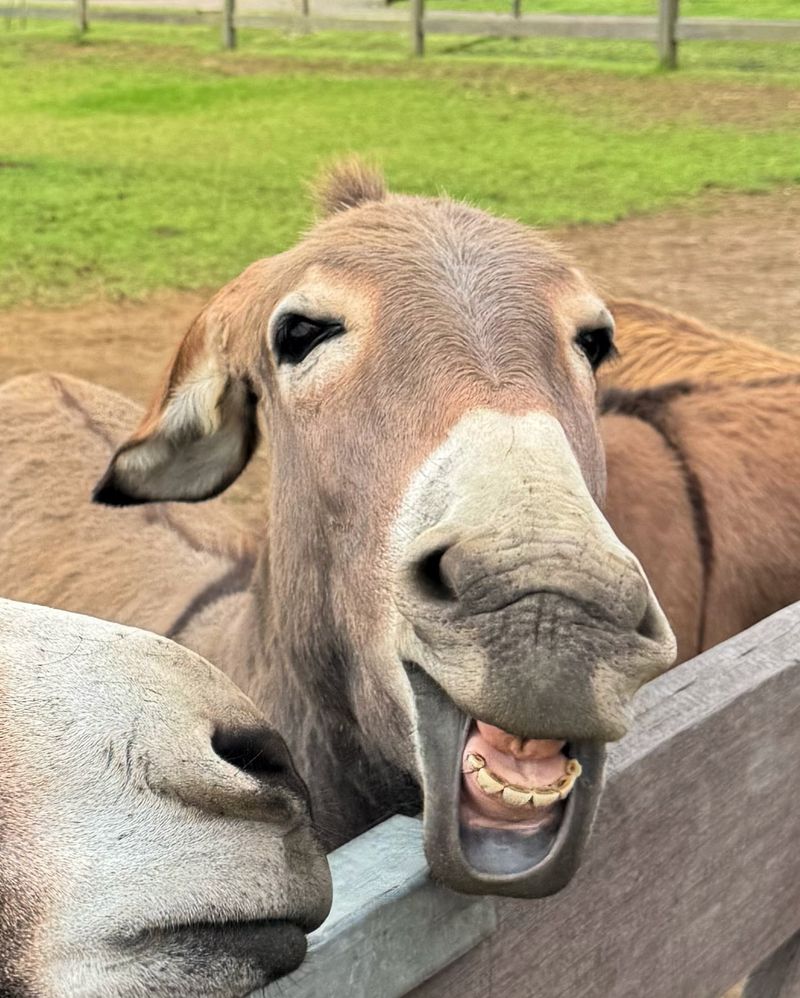
Donkeys can be playful, curious, and even mischievous. Their quirky behavior and expressive faces often amuse their human companions.
20. Can Form Strong Bonds
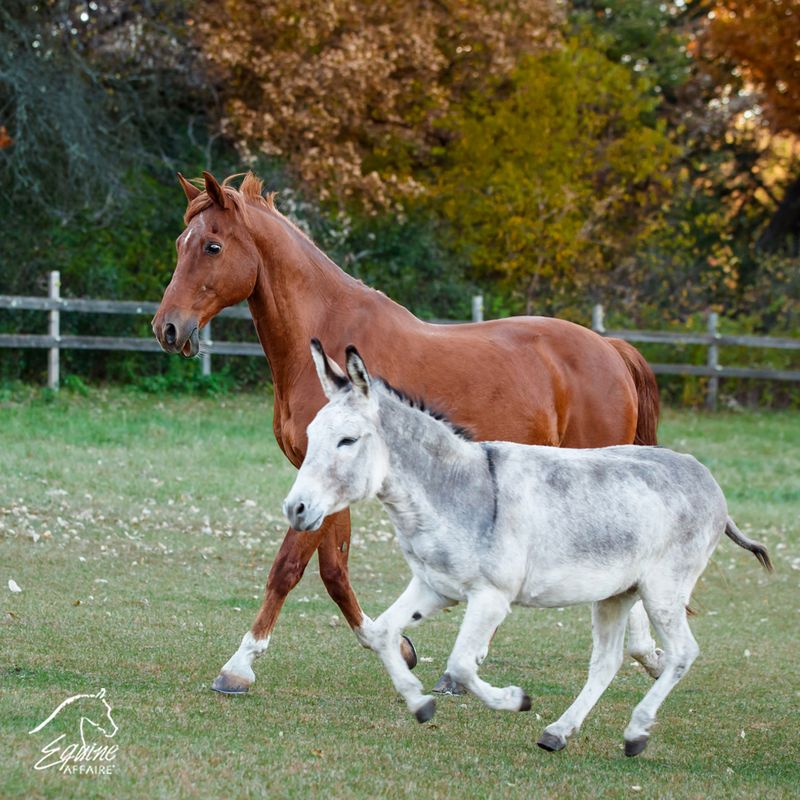
Whether it’s with a human, another donkey, or a farm animal, donkeys are deeply emotional creatures capable of forming lasting and meaningful bonds.



